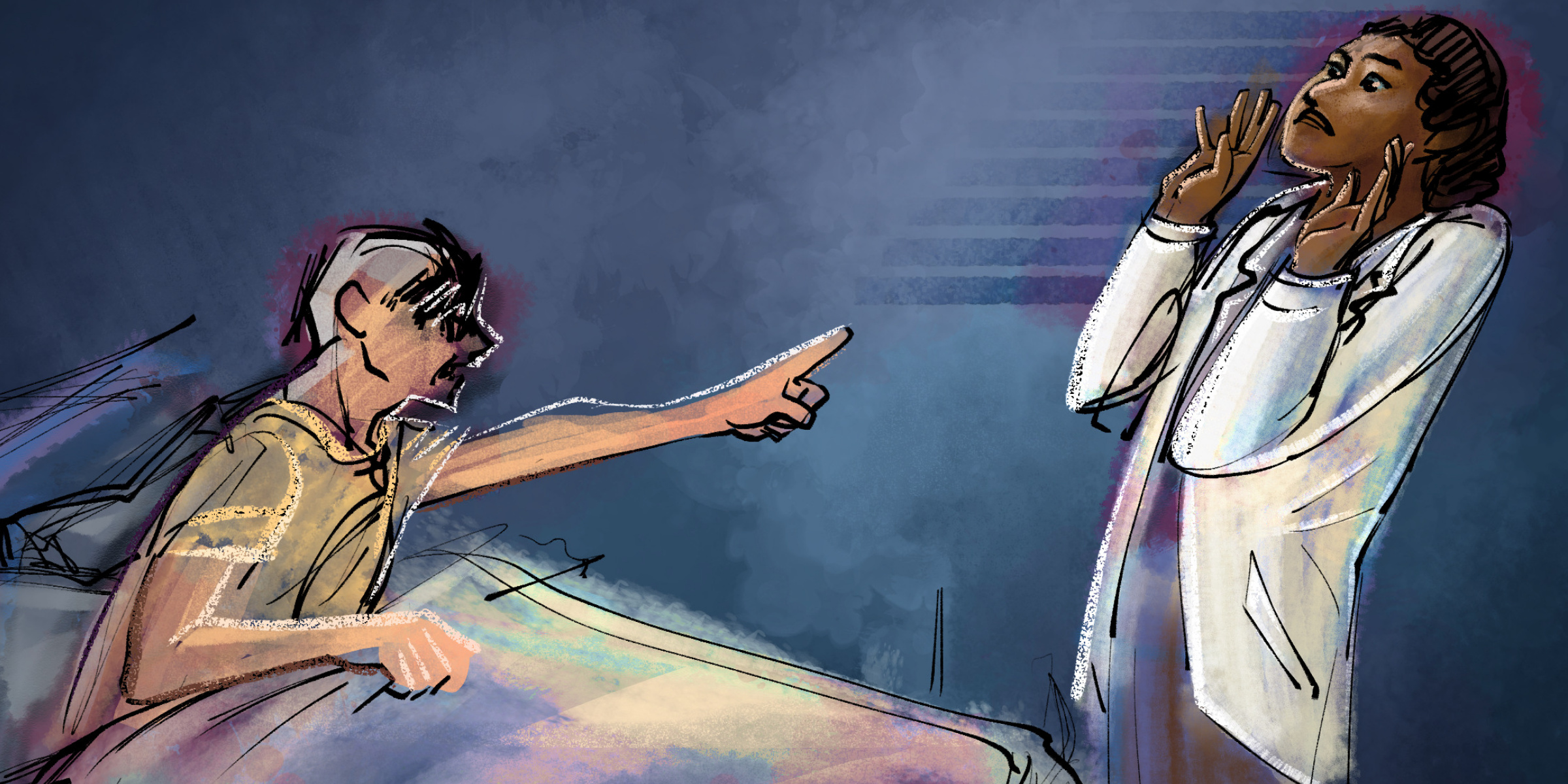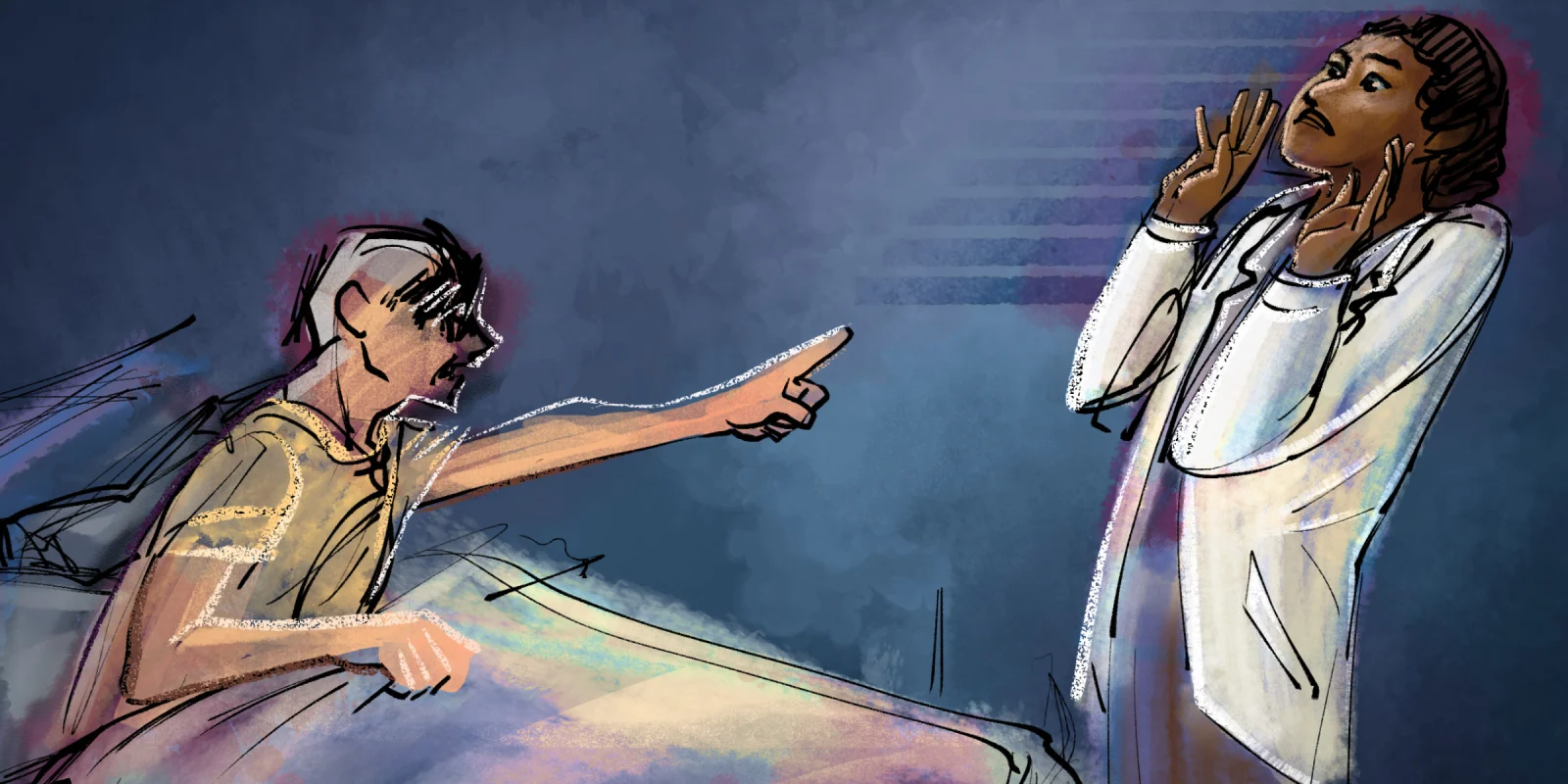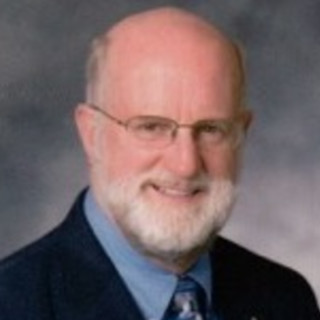
We, as physicians, work hard to care for our patients. We apply our knowledge and skill to do our very best to cure, or at least improve, their health without too much pain. However, there is an implied, but not discussed, concern with each patient — we want the patient to like us as physicians.
Today’s climate of patient satisfaction surveys has brought this concern to the forefront of health care, whether we like it or not. Much has been debated about the pros and cons of those surveys. However, regardless of the results, we seem to still want our patients to think well of us all the time.
I have always felt that it was important for us to discover early in our careers that, no matter how diligent, at some point, a patient will not like us and, in fact, may hate us. This will occur no matter how hard we try to please them.
My introduction to a patient disliking me occurred during my fourth year of medical school. As an acting intern on the medical service, I was very diligent in evaluating and caring for a woman with a GI complaint. I spent time listening to her and carefully tried to explain what was happening, what would happen, and what we were finding. We seemed to bond.
Then the event occurred! She was scheduled for a colonoscopy — not a fiber optic one because they were not used then — and, consequently, needed to be "cleaned out" overnight. Never having done this before, I asked a resident what the orders should be. I was clearly told, “enemas until clear.” So, I diligently wrote the order, having no idea what that meant.
The next morning on rounds, a most belligerent patient met me! I could hardly believe it was the same patient. How could she be so angry with such a nice person like myself?
Apparently, the clinician on the floor was never correctly instructed on how to give enemas. She hung the saline bag less than 12 inches above the rectal height. This provided inadequate force for saline to reach the recto/sigmoid area. Thus, cleansing was most difficult. Consequently, most of the patient’s night was spent receiving insufficient enemas, resulting in a poor clean out of the sigmoid. Needless to say, the patient was vitriolic.
When she found out that I ordered the procedure, there was no way I was going to get off easily. Nothing I could say would mollify her anger. Being the "nice guy" that I was, I could only stand there and take her verbal abuse. As well, I had no response to give. I had ordered the test. I did apologize, but it meant little to her. In actuality, I probably would not have been very happy if this happened to me as a patient. My rotation ended a few days later. However, we were never "friends" again during those last few days that I would see her.
It was a great learning experience for me. First, I learned to be more aware of what would happen when I ordered a test. I needed to know what the patient would experience during that test. Also, I needed to be sure that those administering the test knew how to do it correctly.
Second, and equally important, I realized that patients would not always appreciate my efforts toward them, especially if it created discomfort. I have not become blasé toward patients, and I continue to try my best for them and earn their approval. However, I occasionally have a patient who just does not appreciate my efforts. Having had this psychologically painful episode in medical school made my life as a physician much easier, at least in situations when patient-doctor relationships were less than desired. Now, I provide care more comfortably than with anguish.
Dr. Johnstone is a retired orthopedic surgeon who practiced in Pittsburgh, PA for 37 years as a clinical assistant professor of orthopedic surgery. He has participated in mission trips to Galmi, Niger for five years, and has recently retired after his 2018 trip.
Illustration by April Brust






